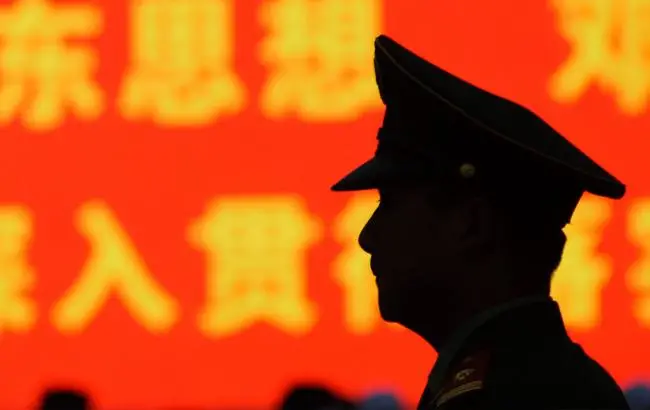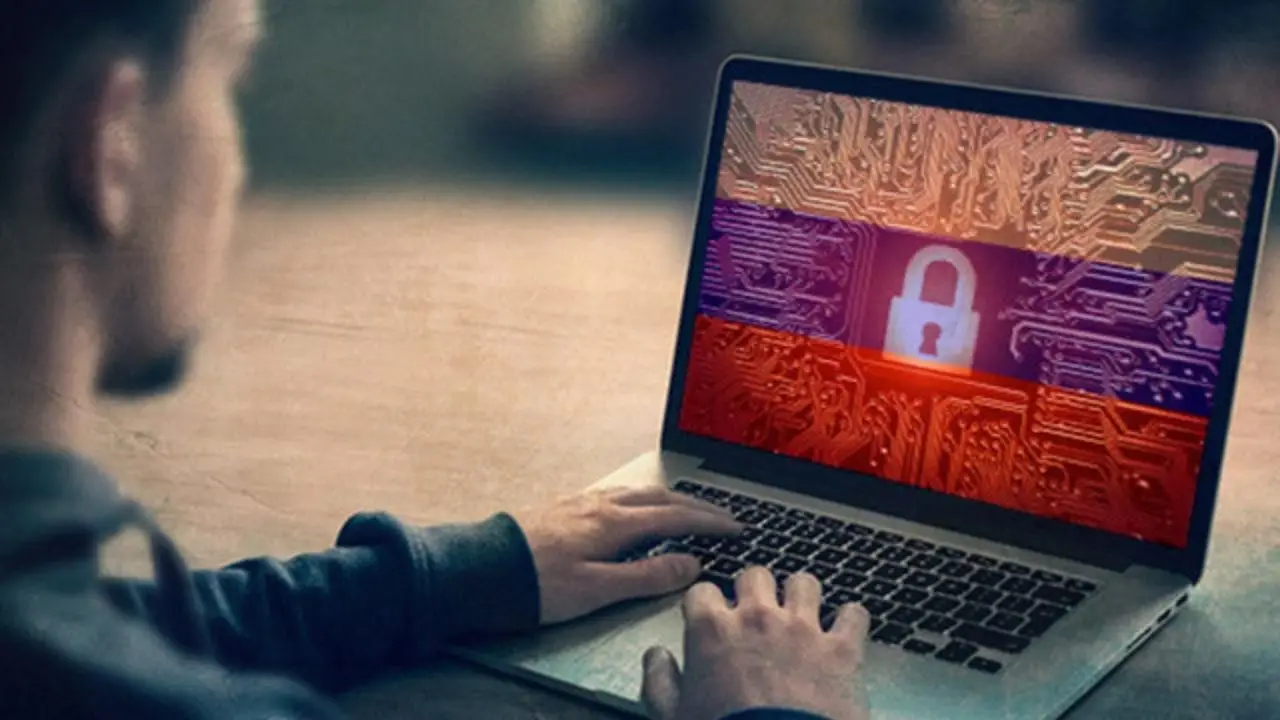Why Do Freedom of Speech Issues Still Exist in Some Countries in the 21st Century, and How Do Dictators Control the Internet?

Totalitarian regimes are increasingly using the Internet as a tool to control society, undermine democracy, and intimidate opponents beyond their borders
Before the Internet, it was somewhat easier for totalitarian regimes to control the media and information because the sources of information were more centralized and limited.
In totalitarian regimes, the state completely controlled the media, publishing houses, and communication channels, using censorship and propaganda to disseminate only approved information, maintaining a leader's cult and ideology. Repression and intimidation were used to suppress dissent, and the import of foreign sources of information was strictly limited, ensuring the country's informational isolation.
With the advent of the Internet, control has become a more complex task due to the decentralized and global nature of the network. However, totalitarian regimes have found ways to control the information consumed by their citizens.
Totalitarian leaders quickly realized that the Internet’s weakness lies in its ability to track every user. Instead of hiding banned ideas, people now express them online, making them easily accessible for government monitoring and persecution. Totalitarian regimes not only use surveillance software but also shut down opposition websites and harass editors and authors.
According to the Committee to Protect Journalists, there are currently 251 journalists imprisoned worldwide, including in Turkey, China, Saudi Arabia, and Egypt. Despite attention from Western media, democracies have so far failed to adequately respond to such repression.

The Chinese Example of Control
The Internet in China is one of the most strictly controlled and regulated in the world. The Chinese government has created a unique ecosystem that limits access to external information and maintains control over internet users within the country.
Chinese internet developed parallel to the global internet, but the country’s authorities recognized its potential as a means of control and information management from the start. Since the mid-1990s, the government has actively invested in infrastructure development while simultaneously implementing control mechanisms.
The Chinese internet operates within a large network known as the "Golden Shield" or the "Great Firewall of China". This system provides monitoring and control over internet traffic, content filtering, and blocking access to certain foreign websites and services.
The Chinese government uses the following control mechanisms:
Censorship and Blocking: Chinese authorities block access to many foreign websites, including Google, Facebook, Twitter, YouTube, and other popular Western platforms. Instead, Chinese alternatives like Baidu (search engine), WeChat (messenger), and Weibo (social network) serve as the primary sources of information and communication.
Monitoring and Surveillance: Authorities continuously monitor user activity, using powerful algorithms and artificial intelligence to analyze online behavior. All messages and actions can be recorded and analyzed to identify potentially dangerous or government-critical activities.
Self-Censorship: Due to strict laws and punishments, internet users in China often practice self-censorship to avoid persecution. The lack of anonymity and the risk of penalties compel users to express themselves cautiously online.
Propaganda and Disinformation: The state actively uses the internet to spread propaganda, controlling narratives on social media and other online resources. Government "trolls" and "troll farms" help spread favorable information and downplay the impact of negative news.
The primary reason for strict control is the Chinese government’s desire to ensure political stability and maintain the Communist Party of China’s monopoly on power. The Internet is seen as a tool that can be used to organize protests, spread undesirable ideas, or criticize the government. Control helps avoid mass unrest and minimize the influence of Western values and ideas on Chinese society.

The russian Example
Although the putin regime has not created a separate internet network, and russians have access to the global internet, the level of propaganda in Russian society remains extraordinarily high. A large portion of citizens supports the dictatorship and military aggression against Ukraine, with propaganda talking points frequently appearing in russian comments. What has led to this?
russia systematically focuses on controlling individual internet platforms or replacing them with ones loyal to or controlled by the totalitarian regime. A recent example of this tactic was the blocking of YouTube, which remained one of the few platforms for expressing alternative opinions. In a situation where 9 out of 10 efforts of the russian opposition (which is already nearly nonexistent, but that’s a topic for another discussion) were concentrated on YouTube, blocking this platform dealt a decisive blow to the possibility of conducting media battles in the russian segment of the internet.
The FSB-controlled platform VK Video quickly became the leading download platform in russia after YouTube was blocked. In these circumstances, all opposition efforts to influence public opinion in the country are effectively reduced to zero. There is a high likelihood that, without access to key media platforms, the russian opposition will lose any remaining chance of influence. Indeed, aside from media activities, it has virtually no other tools left.
The Conclusion is Clear:
Controlling the information space in today’s world is an extremely important tool for totalitarian regimes. russia, despite not having a separate internet network, demonstrates effectiveness in manipulating access to information, allowing it to maintain high levels of propaganda and ensure regime stability.

What Can Be Done?
Control over the information space remains a key tool in the hands of totalitarian regimes. Despite the development of the global internet network, countries like China, russia, and their satellites demonstrate the ability to effectively manipulate access to information using complex systems of censorship, propaganda, and blocking. This allows these regimes to maintain internal stability and retain power, although their methods vary depending on national circumstances.
Democracies are not doing enough. Western governments have yet to fully grasp the scale of this new war and have missed the opportunity to understand how to effectively counter totalitarian regimes in the information field. Citizens need to learn how to bypass censorship using tools like VPNs and be aware of the dangers of self-censorship. Democratic countries and international organizations must increase pressure on regimes that control the internet, support alternative media platforms capable of bypassing censorship, and deliver truthful information to a broad audience.









